It is common for the child child to exhibit both positive and negative social behaviors. But, the signs of severe anti social behavior like aggression towards people and animals, destruction of the things in home, theft need immediate attention. This article helps you to deal your child with antisocial behavior.
Untreated childhood mental disorders may develop drug addiction in the adulthood. This sequence of childhood disorders may reflect the development of child. Parents should intervene at the right time to protect the child from the evil effects of anti social behavior.
This article discusses the antisocial behavior in childhood. It presents the ways to overcome antisocial behaviour in child.
What is Antisocial Behavior in Child?
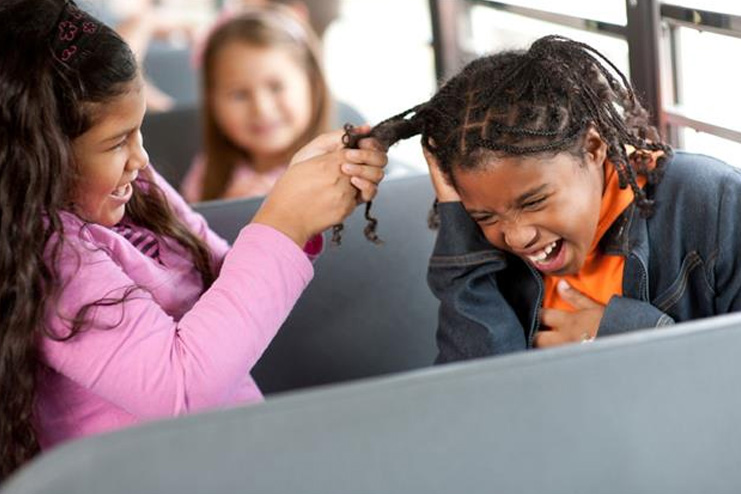
Anti social behaviors are the reckless and violent behaviors that lack the consideration of well-being and comfort of others. Any type of action or behavior that violates the basic rights or behaviors of the other person is regarded as the anti social behavior. It is an unwanted psychological disorder.
Antisocial behavior is commonly associated with the behavioral disorders like hyperactivity, depression, learning disabilities, and impulsivity. This unwanted behavior adversely affects the child’s cognitive behaviors, problem solving skills and social interactions.
Causes of Anti Social Behavior in Adolescence:
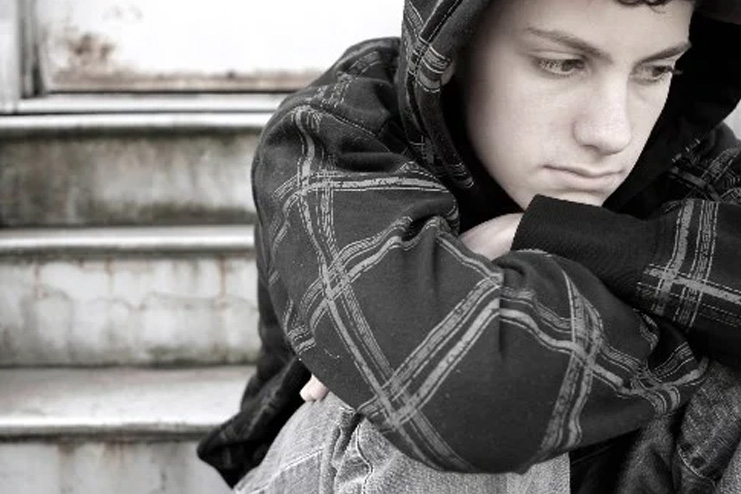
The cause of antisocial behavior is complex to identify. The scenarios vary from person to person. Here are a few possible conditions that lead to anti social behavior in adolescence.
1) Environmental factors:
Environmental factors play a prominent role in the development of child. Negative environment makes the child to think violently. This impacts the physical and mental development of the child.
Here are a few negative environmental conditions that cause anti social behavior in child:
- Being exposed to domestic violence and abuse in homes
- Grown up by the parents with alcohol and drug addiction
- Being harassed physically, sexually, and emotionally
- Being grown up in the unstable home environment
- Exposure to violent games, movies and TV shows
2) Brain abnormalities:
Some studies suggest that child who has issues in their conduct may have functional issues in some parts of their brain. The Pre-frontal cortex, and the limbic system impairment may lead to anti social behavior in children.
3) ADHD
Attention deficit hyperactivity disorder, it is one of the main reasons for the adolescents to exhibit anti social behavior. A child may express the antisocial behavior when subjected to extreme levels of stress.
4) Cognitive deficits:
Low IQ, poor verbal skills, and impairment in the execution of tasks may make the children more susceptible to behavioral disorders.
5) Genetics and Family History:
A child who grown in the family with the history of mental disorders is more likely to exhibit antisocial behavior. A track of family health history is always helpful to safeguard your child from the risks and take healthy decisions from the starting.
6) Parenting practices:
This technological world is making the parents to become more busy and the busy parents are less likely to take care of their children. Children are losing the love and attachment from their parents. Children who are grown up by the busy parents feel disconnected and alone. These child are poor at balancing and sharing their emotions and they are at the risk of being affected by mental disorders, as a result they exhibit anti social behaviors.
7) School environment:
Child who encounter the negative and unhealthy environment at the school are at the utmost risk of being affected mentally. Bullying is the most common evil experience that children face in the school. Children need proper care and support to overcome any negative experiences in the school.
Symptoms of Antisocial Behavior in child:
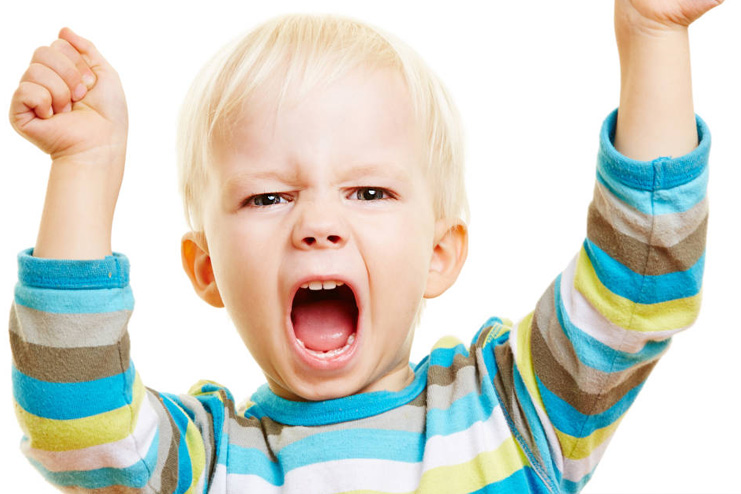
Here are a few antisocial behavior child symptoms:
Lack of Empathy:
Children fail to feel the feelings of others. They lack in analyzing the feeling and emotions of others. These children have less number of friends. These child turn abusive and harmful to people and animals.
Theft:
Children with antisocial behaviors often exhibit unwanted behaviors like theft. These children tend to destroy or steal the things from their peers. Antisocial children often carry complaints from the school.
Rule Violation:
Child with anti social behavior violate the rules at home and at the school. They are less likely to follow the instructions of parents. Child with this unwanted behavior hold bad conduct at the school.
Disrespectful with others:
Anti social child refuses adult requests and rules. They do not respect or care the feelings of the others. These children rarely obey the conditions put forward by their parents and teachers. Anti social children behave as they like.
Exhibit anger:
Children with anti social behaviour often exhibit extreme levels of anger over the small things. They tend to destroy or break the things at home during the times of distress and extreme anger.
Learning Disabilities:
Children with antisocial behavior exhibit many learning disabilities like issues in reading, writing, listening, and poor problem solving skills.
Risk Factors For Antisocial Behaviour In Child:
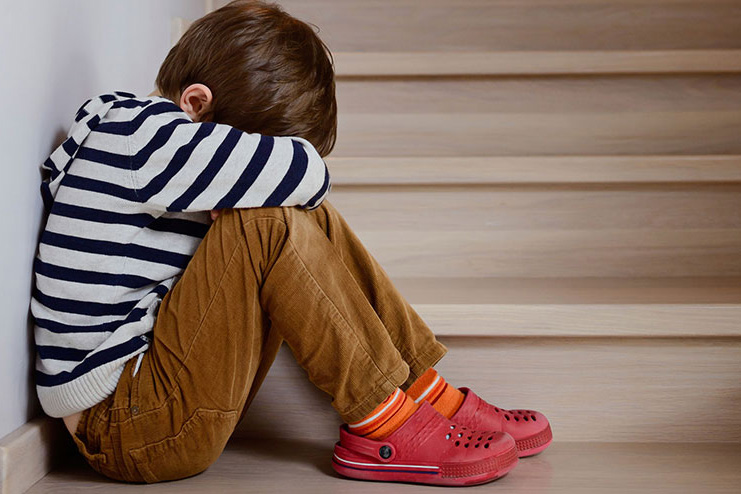
Here are a few risk factors that are associated with the antisocial behavior in child:
- Aggressive child is more likely to be affected by antisocial behavior
- Child with lack of attachment with their parents. Children who grow away from either of the parents due to divorce often show the signs of antisocial behavior.
- Economic status of the family sometimes may affects the growth and brain development of the child.
- Children who are frequently yelled at are at the risk of being affected by antisocial behavior.
- Children who grow in the environments of parental conflicts and arguments.
- Lack of parental attachment and monitoring.
- A feeling of insecurity at the home and at the school due to lack of attachment with the parents.
- Rejection by the friends at the school. Children who live in the area with the demographic concerns like race, ethnicity, and gender are often rejected by their friends.
- Unhealthy physical, mental and emotional treatment of the child.
- Poor academic performance, and school drop outs.
- Antisocial child often bully other child, engage in violent activities with other child, cheat in exams.
What happens to the children with antisocial behaviour:
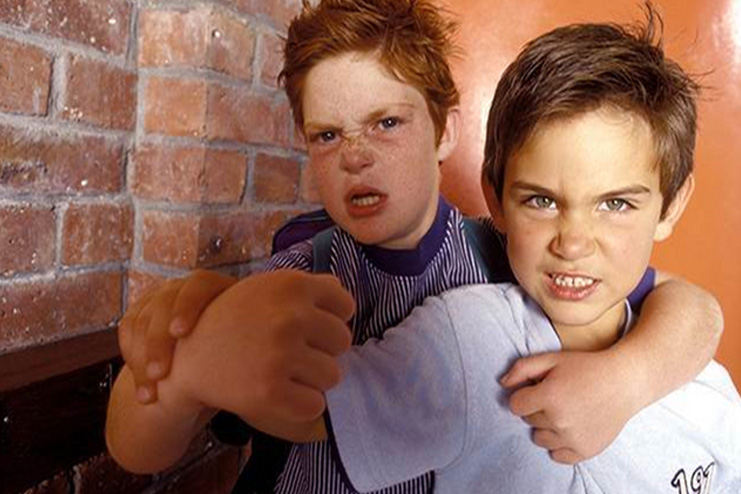
Here are a few behaviors that a child antisocial behavior exhibit:
- Children who are diagnosed with antisocial behavior fail to make friends at school or at the playtime.
- This may make them addicted to drugs and alcohol in the adulthood.
- These kids often involve in criminal activities when they grow up.
- They lag in their jobs in adulthood
How To Deal With Antisocial Behaviour In Children:
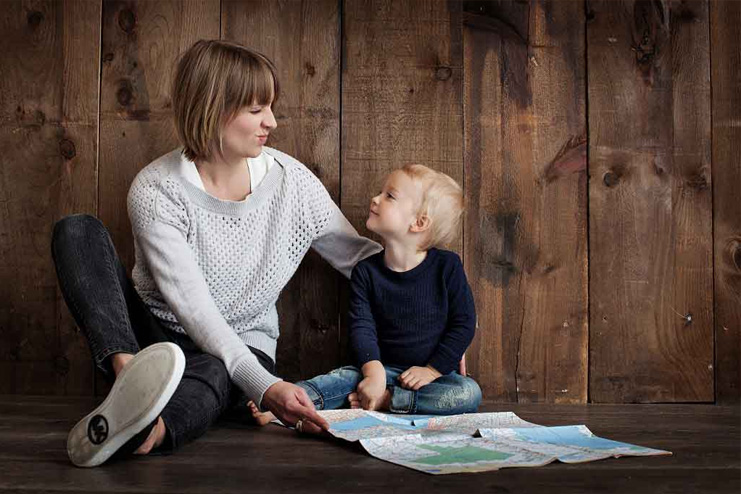
Antisocial behavior usually develops right from the childhood. If left untreated may generate many adverse results in the adulthood.
Here are a few ways to deal with the antisocial behavior in childhood.
1. Build strong attachment with your kids:
Poor parenting habits is one of the reason the reason for antisocial behavior in child. Be affectionate and build the strong attachment with your kids.
Here are a few tips to develop attachment with your child:
- Provide comfort when your child is not feeling well.
- Offer utmost comfort during the bed time by reading some stories
- Play games, and do exercise with your child
- Listen to your child’s feelings
- Exhibit your undivided attention towards your kids
- The most important point to take care is, if you are a working parent make sure that the time that your child spend with another caregiver should not impact or affect your attachment.
2. Teach your child Empathy:
Empathy is the foremost social skill that everyone should have which the antisocial kid lacks in. Empathy helps your child to form healthy and successful relationships. It makes your child feel secure.
Here are a few ways to teach empathy to your child:
- Comfort your child during the times of physical hurt with your empathy.
- Help your child to point out the emotions of the others.
- Develop the empathy in your child through stories at the bedtime.
- Make sure that your kid’s emotional demands are met.
- Assign age specific real responsibilities to your child which help them to develop empathy
- Solve problems for your child but don not make them habituated to spoon feeding.
- Make your child to express all kinds of emotions
3. Help your child develop problem solving skills:
Problem solving skills allows your child to gain control over the surrounding environment. Here are a few ways to develop problem solving skills in your child:
- Encourage your child to do some creative activities
- Assist them in dealing with the roadblocks and crossing them successfully
- Teach your child small tips for problem solving
- Make them strong enough to accept both success and failure alike
- Allow them to make mistakes and help them how to move forward.
- Frequently give them challenges and nurture their problem solving skills.
- Indulge creative thinking in your child.
- Analyze the problem solving abilities of your child by asking them help
4. Help your child to deal with anger:
Anger is the unwanted feeling that makes to lose control over the situations. Here are the few ways to teach your child deal with the anger:
- Talk to your child about positive and negative feelings
- Help your child to gain control over the feelings
- Teach your child the techniques to deal with anger. Techniques like deep breaths, exercises work well to deal with anger
- Speak to your child about the negative consequences of anger
- Avoid your child’s interaction with violent media
5. Develop respect towards adults:
Help your child to overcome disrespectful attitude and build positive relationships.
- Kids often turn disrespectful during the times of anger and frustration. Help them to overcome these.
- Model the habit of respect by respecting your kids
- Set yourself as a good example to your kid by respecting others in front of your kid.
- Teach your child that everyone irrespective of age have the respect and no one has the right to break their respect.
6. Reduce Screen time:
Technology addiction is not good for your child. The violent subjects that your child might see in video games or TV shows may make them to become antisocial. Screen time retards their physical activity and makes them think less. Here are the few ways to reduce screen time in your child:
- Set the good example by reading books in front of your kids and make them to read some interesting books
- Involve your kid in daily chores.
- Set limits on the time during which they watch the TV
- Encourage your child to play outdoor games with friends
- Make them to sit along with the family members during the meal time
- Reduce the screen time before they go to bed
7. Cognitive Behavioral Therapy:
It is a psycho social intervention that aims to enhance the mental health of the child. This therapy combines basic principles of behavior and cognitive psychology. It is effective in dealing with the severe symptoms of depression.
Here are a few other benefits of CBT:
- It helps child to achieve emotional balance
- It helps to deal with the negative thoughts and emotions
- Manage anger and cope with loss
- It is effective in treating mental health problems
- It helps to resolve any conflicts in the relationships
- It helps your child to deal with the learning disabilities.
It can be performed with the help of well trained therapist with the co operation of your child. It is more effective than medicines.
8. Psychological Therapy:
This is one of the best ways to overcome antisocial behavior in your child. It makes your child to stay connected with the parents and build secure relationships.
Allow your kid to engage with the most important people in their life including friends, and family members.
This treatment is usually provided by the specially trained psychology professional.
When to visit the medical professional for antisocial behavior in child:
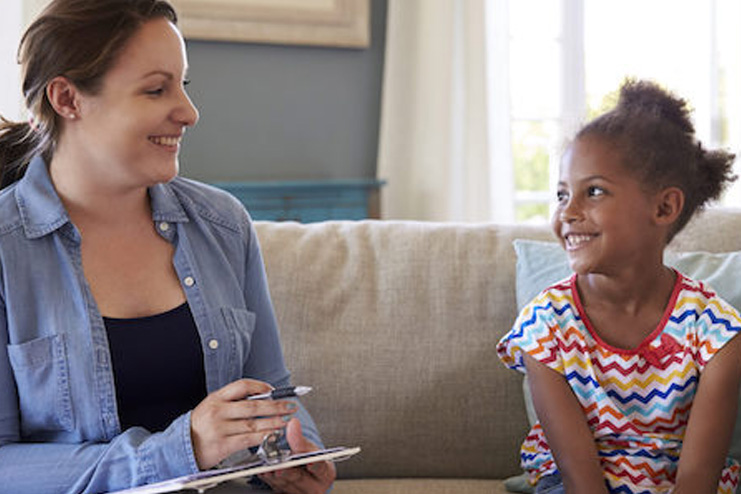
Here are the few signs that need to be treated with the help of trained medical professional.
- Any unusual levels of aggression and hostility in your child should be checked by the trained medical professional.
- It is perfectly alright that sometimes your kid might not want to engage with the other kids
- Your child needs therapy if they bully their friends and involve in violent activities.
It is most important to identify any bad conduct in childhood to prevent more severe behavioral problems in adulthood. 8 best techniques presented in this article will help you to deal your child with antisocial behavior.










































